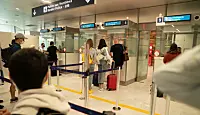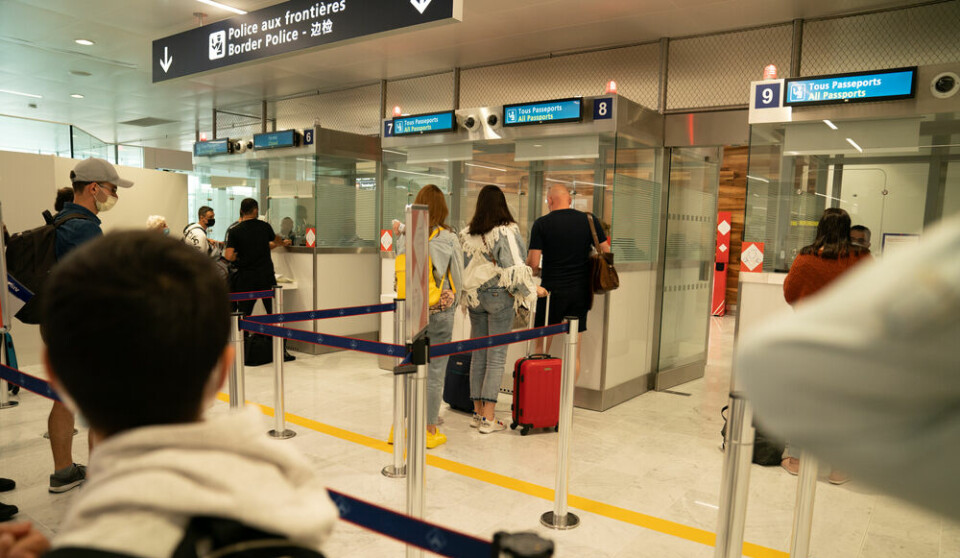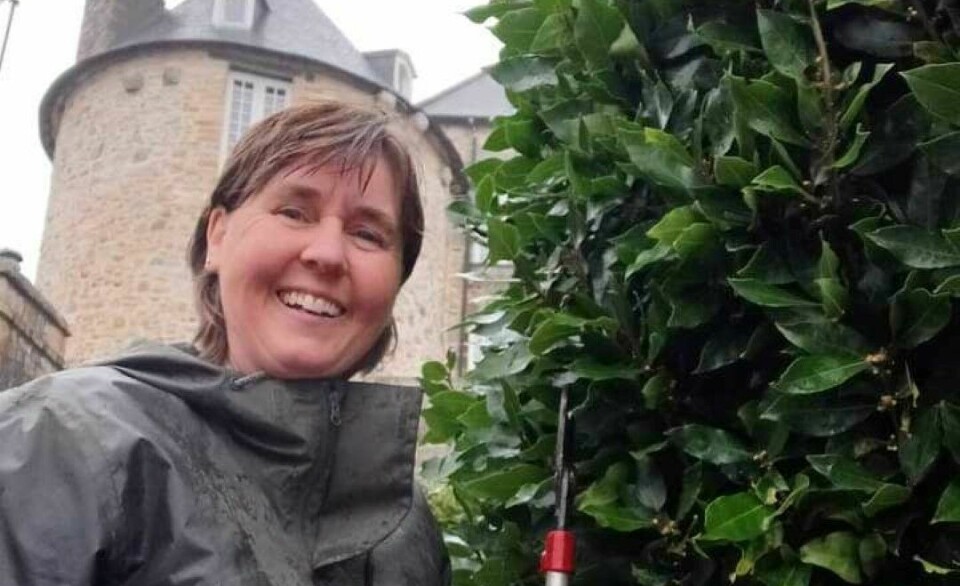-
New UK/France border checks: visas, residency cards and which queues?
The Entry/Exit System does not concern everyone, but the delays it causes might
-
Platisme, masculinisme: The French words added to Larousse dictionary
The 2025 edition includes some words that come straight from English, as well as many environment-related terms
-
Reopening of France’s A13 motorway delayed as new cracks discovered
Traffic built up on neighbouring roads - but the empty lanes were not completely deserted…
Changes in store as children head back to school
It's rentrée for more than 12million children

More than 12million students and pupils have headed back to school for the new term - with the return of the four-day week, and concerns over staffing due to cuts in 'assisted jobs' dominating the headlines.
One third of schools have reverted to the four-day week, after President Emmanuel Macron allowed local authorities to decide whether to return to a system that had been in place since 2008, or continue with the four-and-a-half day week that had run for just one year.
But the move has been criticised by the Organisation for Economic Co-operation and Development (OECD), which said that the previous system had not been given a chance to prove itself. It argued local authorities were making their decisions based on financial issues rather than what may be best for pupils.
Nice is one of the cities that has opted to return to the four-day week this year, while others - including Marseille - intends to follow suit, but will delay its re-implementation until 2018.
The government has also indicated that, from November, students nationwide will face mandatory assessments during the first year of primary school (CP), as well as in the first year of collège.
Meanwhile, class sizes in schools in poorer neighbourhoods, have been slashed. Over the summer local authorities have been working to ensure that CP classes at schools in disadvantaged areas are much smaller - following a campaign promise from President Macron that they would be cut to a maximum of 12. Education minister Jean-Michel Blanquer said 86% of the 2,500 CP classes concerned had achieved that mark at the start of the new term.
Jeers and cheers greeted Mr Macron this morning as he made his first official 'rentrée' visit as President to a CP class in Forbach, Moselle. He was due to visit to CP classes and one for children with special needs before dining at a school canteen with pupils, staff and parents.
But there is concern over the decline in the number of so-called 'assisted contracts', in which the government covers some of the cost of certain jobs. The scheme is often used to help pay for support staff in schools - but government cuts have seen some 23,000 jobs nationwide axed ahead of the new school year.























